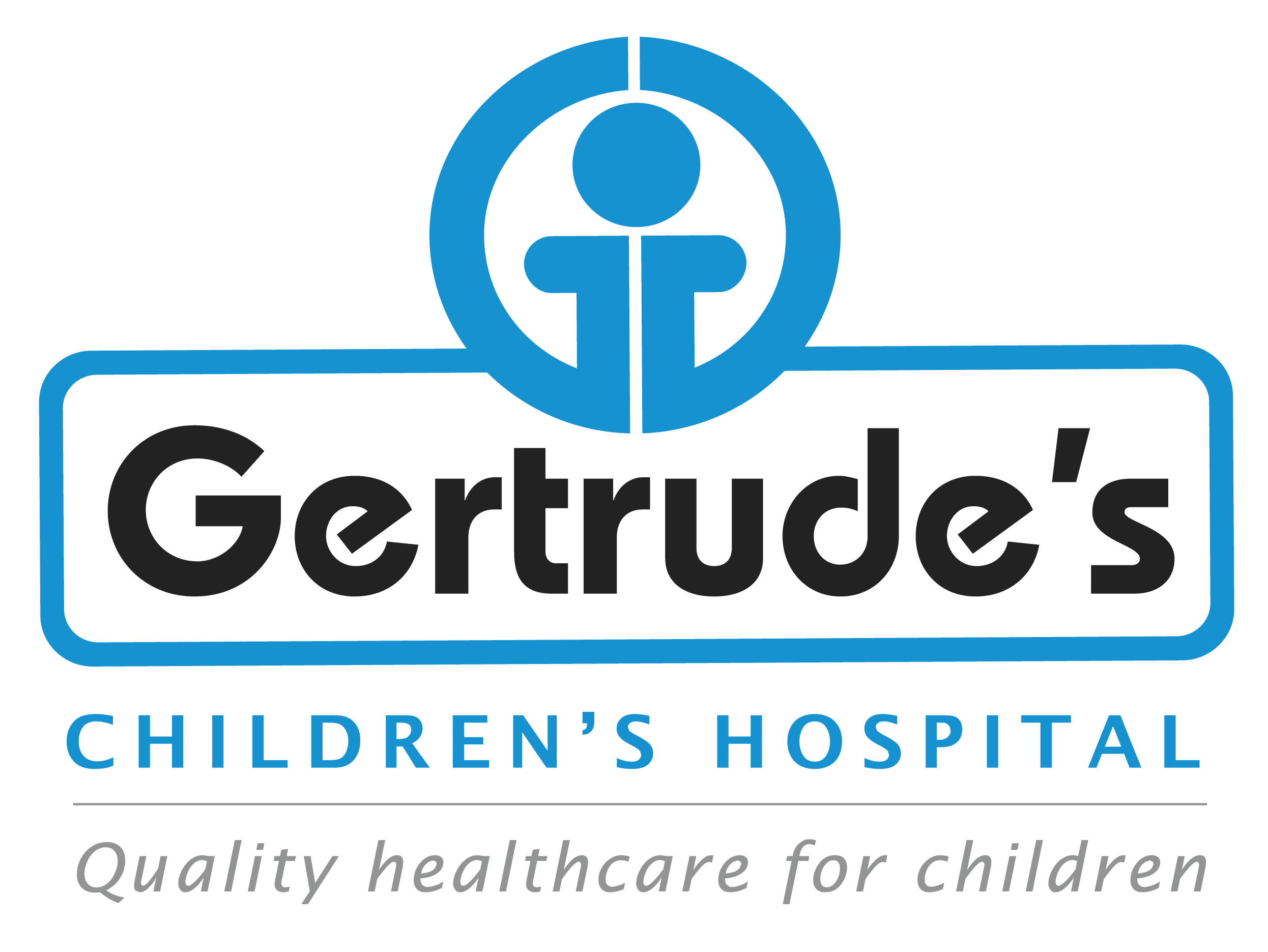Hyperparathyroidism is a condition that affects the parathyroid glands, which are small glands located near the thyroid gland in the neck. These glands play a crucial role in regulating the body’s calcium levels by producing parathyroid hormone (PTH). When a child has hyperparathyroidism, these glands produce too much PTH, leading to elevated levels of calcium in the blood (hypercalcemia). While hyperparathyroidism is more common in adults, it can also affect children, and understanding this condition is essential for ensuring proper care and treatment.
Symptoms
- Mood and Behavior Changes: Feeling very sad, anxious, or confused.
- Poor Growth in Infants: Babies and young children may not gain weight properly and might not grow as expected.
- Slow Heart Rate: The heart might beat slower than usual, and there could be irregular heartbeats.
- Dehydration Signs: Signs of dehydration include a dry mouth, slow healing of skin when pinched, and slow return of color after pressing on the skin.
- Stomach Issues: Children may have stomach pain due to problems like too much stomach acid, constipation, stomach ulcers, or sudden inflammation of the pancreas.
- Low Muscle Tone: Muscles might be weaker or less firm than normal.
- Kidney Pain: Pain in the sides of the back can occur due to kidney stones.
- Bone Issues in Newborns: Babies with severe forms of the condition may have bone pain, deformities, and an increased risk of fractures.
Causes
- Neonates/Infants
- Familial Hypocalciuric Hypercalcemia: A genetic condition where calcium levels in the blood are high, but the amount of calcium in the urine is low.
- Neonatal Severe Hyperparathyroidism: A rare and serious condition in newborns where the parathyroid glands produce too much
- Children/Adolescents
- Sporadic Adenomas: Non-cancerous tumors in the parathyroid gland that can cause high calcium levels.
- Familial Hypocalciuric Hypercalcemia (FHH): A genetic condition causing high blood calcium and low urine calcium levels.
- Multiple Endocrine Neoplasia (Type 1, 2a, 4): Genetic disorders leading to tumors in multiple glands, including the parathyroid, which can cause high calcium levels.
- Familial Hyperparathyroidism: A hereditary condition where the parathyroid glands are overactive, leading to high calcium levels.
- hormone, leading to very high calcium levels.
- Maternal Hypoparathyroidism: The mother has low parathyroid hormone levels, which can affect the baby’s calcium levels.
Diagnosis
- Blood Tests: The primary diagnostic tool is a blood test to check calcium levels and PTH levels. High levels of both calcium and PTH strongly suggest hyperparathyroidism.
- Urine Tests: A 24-hour urine collection may be used to measure the amount of calcium being excreted, which can help in understanding how the body is processing calcium.
- Genetic studies: Especially if there’s a family history, genetic testing is highly recommended. These tests can help identify if the condition is inherited and guide the next steps for treatment and management. Additionally, the results can be valuable for providing genetic counseling, which can help your family understand the risks and implications for other family members.
- Imaging Studies:
Treatment Options
- Monitoring:
-
- In mild cases where symptoms are not severe, doctors may opt for regular monitoring of calcium and PTH levels without immediate intervention.
- Medication:
-
- Depending on the underlying cause, medications may be prescribed to manage calcium levels.
- For instance, calcimimetics can help reduce PTH production, and bisphosphonates may be used to protect bone health. Vitamin D supplements might be recommended if a deficiency is contributing to the condition.
- Surgery:
-
- Surgery is the most common and effective treatment for primary hyperparathyroidism, especially when caused by an adenoma.
- Lifestyle and Dietary Changes:
-
-
- Encouraging a balanced diet rich in calcium and vitamin D, along with regular physical activity, can support overall bone health and help manage symptoms.
- However, if calcium levels are already high, dietary intake of calcium may need to be monitored or reduced.
-
Why Choose Us
Expert team
Our dermatologists and pediatric specialists have extensive experience in treating alopecia areata in children.
Personalized care
We create treatment plans that fit each child’s unique needs
Support and education
We teach children and families how to care for their skin and prevent future breakouts
Advanced treatments
Access to the latest acne treatments and skincare products
Contact
Please feel free to contact us with any general or medical enquiry by calling us.





